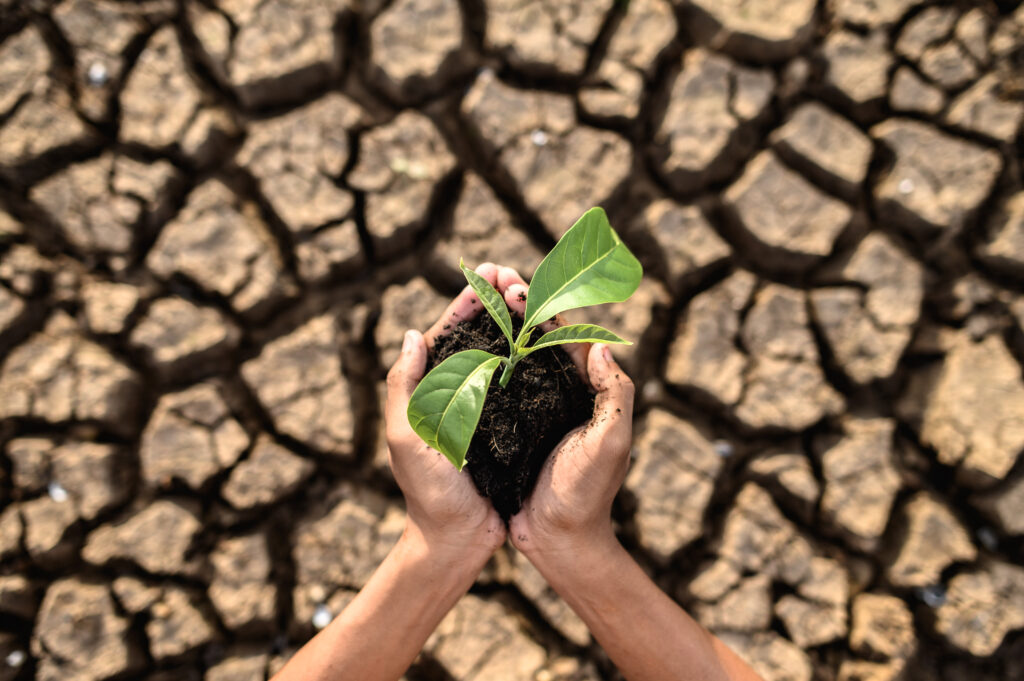Climate change is an escalating issue that continues to challenge our planet, manifesting in severe weather events such as flash floods, forest fires, and heatwaves. This transnational problem affects every region and requires a collective response. Both international organizations (IOs) and non-governmental organizations (NGOs) play crucial roles in addressing and mitigating the impacts of climate change.
In 2021, the UN hosted a summit in Glasgow to tackle the climate crisis, setting ambitious goals such as ending deforestation by 2030 and reducing methane emissions by 30% by the same year. Despite mixed outcomes, this summit underscores the pivotal role of international organizations in climate action.
The Role of International Organizations (IOs)
International organizations are integral in the global effort against climate change. They fulfill three main functions:
- Research and Recommendations:
IOs conduct extensive research on climate change and share their findings to inform policy decisions. They provide critical data and recommendations that guide international and national climate strategies. For instance, the United Nations Environment Programme (UNEP) is a key player in this realm, with an annual budget of $460.8 million and a dedicated team of 860 staff members. UNEP’s research division is essential for generating and disseminating reliable climate science. - Monitoring and Data Collection:
IOs monitor the progress of various countries towards their climate goals. They gather and analyze data on global climate efforts, providing transparency and accountability. This role is vital for tracking progress and ensuring that commitments are met. - Facilitating Cooperation:
IOs act as intermediaries that foster collaboration among countries and non-state actors. They organize assemblies, conferences, and meetings to discuss progress, share knowledge, and address challenges. These gatherings enable diverse stakeholders to exchange ideas and strategies, enhancing collective efforts to combat climate change.
Despite their neutrality, IOs must navigate the political landscape to effectively collaborate and advocate for climate action. Their credibility and influence stem from their ability to maintain impartiality while representing the interests of the global community.
The Role of Non-Governmental Organizations (NGOs)
NGOs are equally crucial in the fight against climate change, contributing in several ways:
- Policy Formulation and Capacity Building:
NGOs actively participate in shaping climate policies and building institutional capacities. They work closely with local communities to develop sustainable practices and advocate for necessary policy changes. - Economic and Social Development:
In countries with limited resources, NGOs drive economic growth through social and economic activities. They strengthen community solidarity and contribute to robust economic development, which is essential for long-term sustainability. - On-the-Ground Impact and Adaptation:
NGOs provide valuable on-the-ground information and support to areas most affected by climate change. They adapt policies to local contexts, ensuring that climate actions are effectively implemented. Additionally, NGOs often deliver humanitarian aid and support to communities experiencing severe climate impacts.
Conclusion
The efforts of international organizations and NGOs are vital in addressing climate change. IOs provide essential research, monitoring, and facilitation of global cooperation, while NGOs offer critical support in policy development, economic growth, and community-level interventions. Both types of organizations bring unique strengths to the table, making their collaboration crucial for achieving climate goals and fostering a sustainable future. Their combined efforts are essential for expediting progress and ensuring that climate change solutions are effective and equitable.





